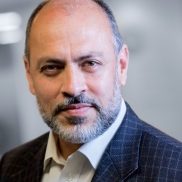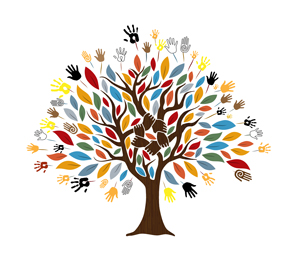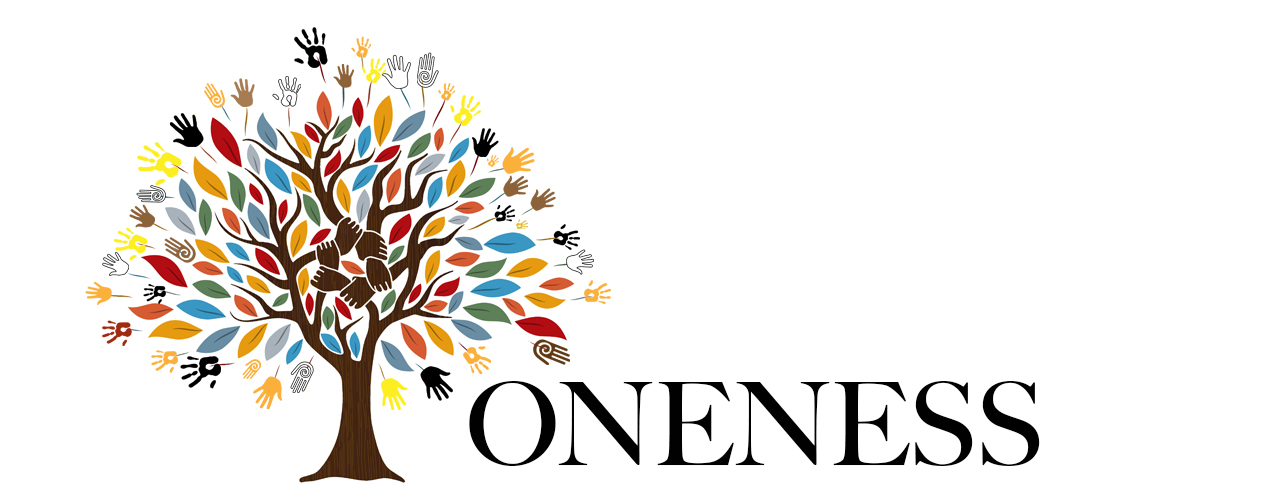Less than thirty years ago, it seemed unlikely that black and white South Africans could avoid a cataclysmic struggle. How did they manage to turn back from the precipice and join one another in the long walk to a non-racial system of governance?
Similarly the residential schools, which are accused of a crime as serious as genocide under international law, were up and running until 1996. However, elected officials are now calling the government to unanimously recognize that genocide occurred at residential schools, and now they wants to take the issue a step further by drafting legislation to outlaw attempts to deny that genocide and make false assertions about residential schools.
These examples give us a message of hope for those who are facing poverty, injustice and discrimination due to systemic barriers and covert racism today.
Things don’t remain mismanaged forever. Crime and injustice meet their fate sooner or later. Covert racism, microaggressions and barriers to addressing inequity are the most pressing moral issues of our time. In these conditions, the oneness of human beings is the basic ethical thread that holds us together. This blog is dedicated to exploring equity, social justice and community safety issues with a humanistic lens.
About the Author

Abid Jan has extensive experience in Canadian and international development work. As an experienced nonprofit management executive, Abid has more than 22 years of experience in poverty alleviation, community economic development, project management, capacity building, and organizational development.

